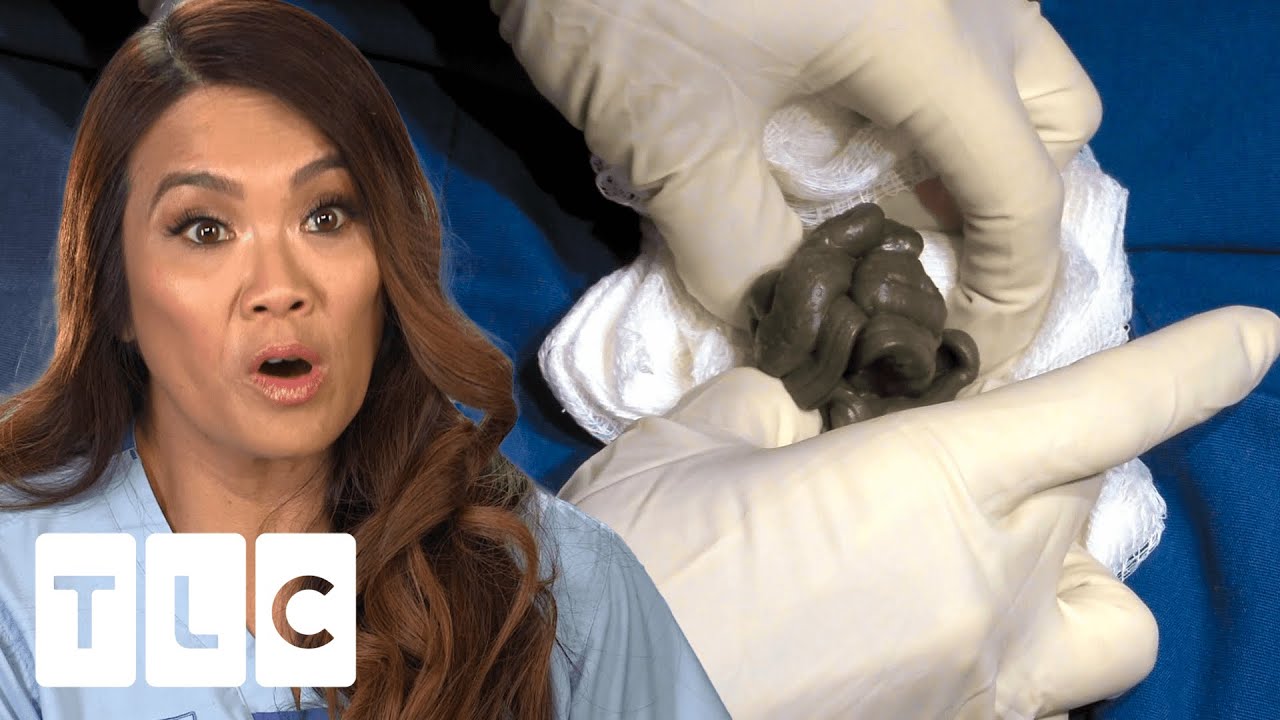Dr. Sandra Lee: Relax Every Day
5. Stronger Immune System
Chronic stress can weaken the immune system, making individuals more susceptible to illness. Regular relaxation can bolster immune function, helping the body fight off infections and maintain better health.
Practical Tips for Relaxing Every Day
Now that we understand the importance and benefits of relaxation, let’s delve into some practical tips that Dr. Sandra Lee recommends for incorporating relaxation into your daily life.
1. Mindfulness Meditation
Dr. Lee advocates for mindfulness meditation as a powerful tool for relaxation. This practice involves focusing on the present moment and observing thoughts and feelings without judgment. Start with just five minutes a day, gradually increasing the duration as you become more comfortable. There are numerous apps available to guide you through mindfulness meditation sessions.
2. Deep Breathing Exercises
Deep breathing is a simple yet effective way to reduce stress and induce relaxation. Dr. Lee recommends practicing deep breathing exercises for a few minutes throughout the day. Try inhaling deeply through your nose, holding for a few seconds, and then exhaling slowly through your mouth. This technique can be done anywhere and at any time.
3. Engage in Physical Activity
Exercise is not only beneficial for physical health but also serves as a natural stress reliever. Dr. Lee encourages incorporating physical activity into your daily routine, whether it’s a brisk walk, yoga, or dancing. The endorphins released during exercise can enhance your mood and promote relaxation.
4. Create a Relaxation Space
Designate a specific area in your home where you can relax and unwind. This could be a cozy corner with cushions, soft lighting, and calming scents. Having a dedicated space for relaxation can signal your brain that it’s time to slow down and focus on self-care.
5. Limit Screen Time
In today’s digital age, screen time can contribute significantly to stress. Dr. Lee advises setting boundaries on screen time, particularly before bed. Instead, use this time to engage in relaxing activities such as reading, journaling, or practicing a hobby.
6. Practice Gratitude
Taking a few moments each day to reflect on what you are grateful for can foster a positive mindset and reduce stress. Dr. Lee suggests keeping a gratitude journal, jotting down three things you appreciate each day. This simple practice can shift your focus from stressors to positive aspects of life.
7. Incorporate Aromatherapy
Aromatherapy can enhance relaxation through the use of essential oils. Dr. Lee recommends using calming scents such as lavender or chamomile in your relaxation space. You can use a diffuser, candles, or even apply diluted oils to your skin for a soothing effect.
Making Relaxation a Habit
For relaxation to be effective, it must become a habit. Dr. Sandra Lee emphasizes the importance of consistency in establishing a daily relaxation routine. Here are some tips for making relaxation a regular part of your life:
1. Schedule It
Just as you would schedule a meeting or appointment, set aside specific times for relaxation in your daily calendar. Treat this time as non-negotiable, ensuring that you prioritize self-care amidst your busy schedule.
2. Start Small
If you’re new to relaxation practices, start with small, manageable goals. Choose one or two techniques to incorporate into your day, gradually adding more as you become comfortable.
3. Find a Buddy
Having a friend or family member join you in your relaxation practices can enhance motivation and accountability. Share your goals and support each other in making relaxation a priority.
4. Be Patient with Yourself
Establishing a new habit takes time and effort. Be patient with yourself as you learn to incorporate relaxation into your life. Celebrate small victories and remember that every step toward prioritizing self-care is a positive one.
Conclusion
Dr. Sandra Lee’s approach to relaxation highlights its vital role in achieving overall well-being. By embracing the philosophy that relaxation is essential, not optional, we can cultivate healthier, happier lives. Through mindfulness, physical activity, and creating dedicated relaxation spaces, individuals can weave relaxation into their daily routines. Remember, relaxation is a personal journey, and it’s important to find what works best for you. By prioritizing relaxation every day, you can enhance your mental and physical health, making room for a more balanced and fulfilling life.
As we continue to navigate the complexities of modern life, let’s take a cue from Dr. Lee and commit to making relaxation a priority. After all, a relaxed mind and body pave the way for a more vibrant life.


